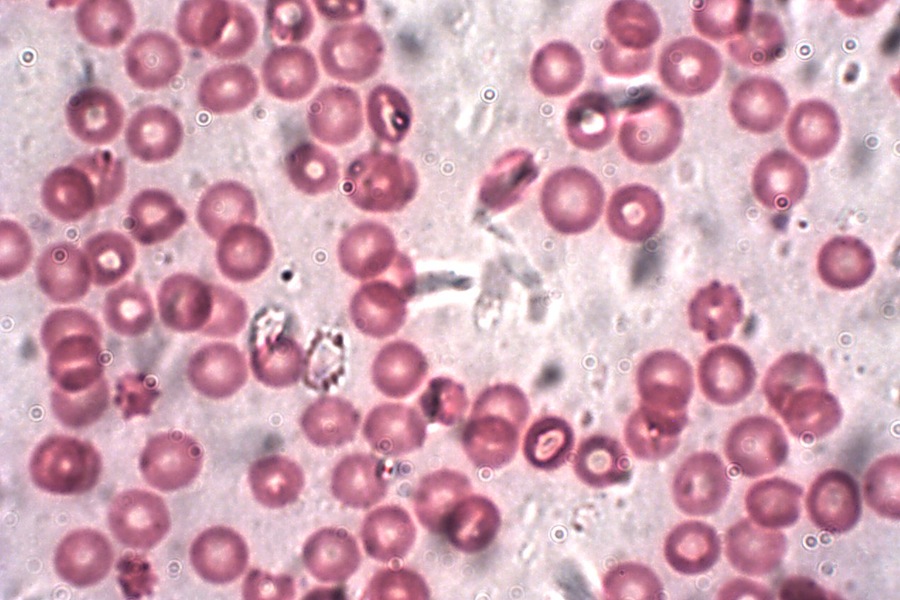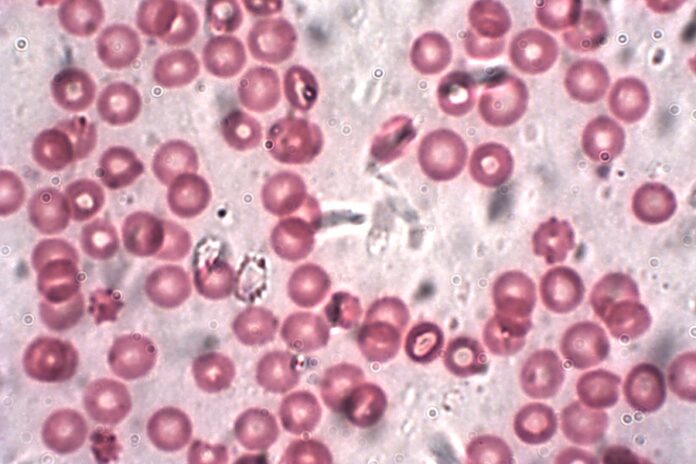
 New HIV, AIDS treatment has broad implications for health care
New HIV, AIDS treatment has broad implications for health care
A research team at the University of Nebraska Medical Center recently discovered a new pathway to open cell storage areas in the body to store antiviral drugs. The breakthrough, which uses LASER ART technology (long-acting slow effective release antiretroviral therapy), could revolutionize the way we administer drugs and reduce the number of dosages of prescribed medicine a patient must take. Conventional drugs that are taken once or twice a day, for example, would need only be taken once per month. This fact can have a huge global impact on HIV/AIDS health care by improving the efficacy of current antiviral drugs.
Possibly the most important benefit of this breakthrough is its potentially broad impact on all the medicines we use today. The best part: costs will be much lower. In a country where affordable health care is still a major concern, new technologies like this could dramatically lower costs, making health care far less expensive than it is now.
Over the last few weeks, a lot has been said about the pros and cons of the Affordable Care Act (ACA). The law was created to emulate the benefits of the health care systems of many other developed countries, most of which have universal health care. Countries like Canada and almost all European countries have public healthcare systems that are federally funded and regulated by federal laws. Similarly, the ACA attempts to lower insurance costs to expand coverage as widely as possible, especially for lower-income families. But it does little to address the underlying reasons why health care in the United States is so much more expensive than elsewhere.
Healthcare in the United States is a for-profit system. Hospitals and patients do not interact directly, and insurance companies act as the middlemen. Under this system, patients don’t have the benefit of choosing a hospital based on their financial situation because the cost of a procedure is never known until it’s already been completed. The medical bill is divided between the insurance company, the hospital, your medicine, the doctor and, of course, taxes. There are far too many players for what should be a much simpler process, and the expenses pile up as a result. Doctors earn some of the highest salaries in the United States, but often use it to pay off huge medical school loans well into their career. Other developed nations have higher levels of overall health and longer life expectancies than the United States. In the end, no one is really winning.
Instead of trying to get everybody insured so they can pay bills that are already too expensive, perhaps it’s time to try a different approach to the issues facing American health care. Maybe it’s better to cut the costs instead of finding ways to cover them, which only results in more expenses overall. Eliminating the “middle man” — the insurance companies with a vested interest in our for-profit system — would be a good first step.
But to find better solutions we need to think long-term. For the sake of our environment and our pockets, we need to reduce waste and expenses. In the long run, the federal government would do well to pour more of its funds into healthcare and biomedical research, like many business giants in Silicon Valley have done.
The Chan-Zuckerberg Initiative has donated more than three billion dollars to their foundation for medical research that aims to make the world disease-free by the end of the 21st century. Philanthropists Eli Broad and Ted Stanley have donated to the cause of psychiatry and mental diseases like schizophrenia and Alzheimer’s disease. Innovative means found by technology, like LASER ART, can help us find simpler, pain-free medications that work more effectively. We may even be able to distribute rare medicines to the most remote and war-torn countries of the world. Medical research is as vital and critical to our well-being as healthcare as we continue to fight new diseases.
Written by: Shohini Maitra – samaitra@ucdavis.edu
Disclaimer: The views and opinions expressed by individual columnists belong to the columnists alone and do not necessarily indicate the views and opinions held by The California Aggie.




